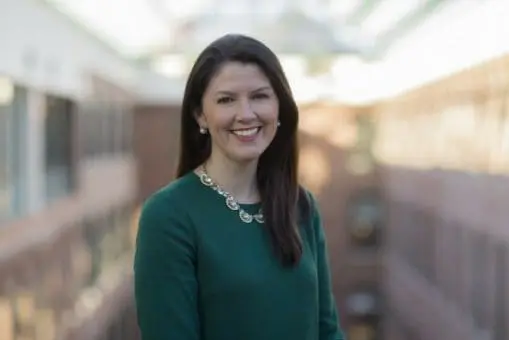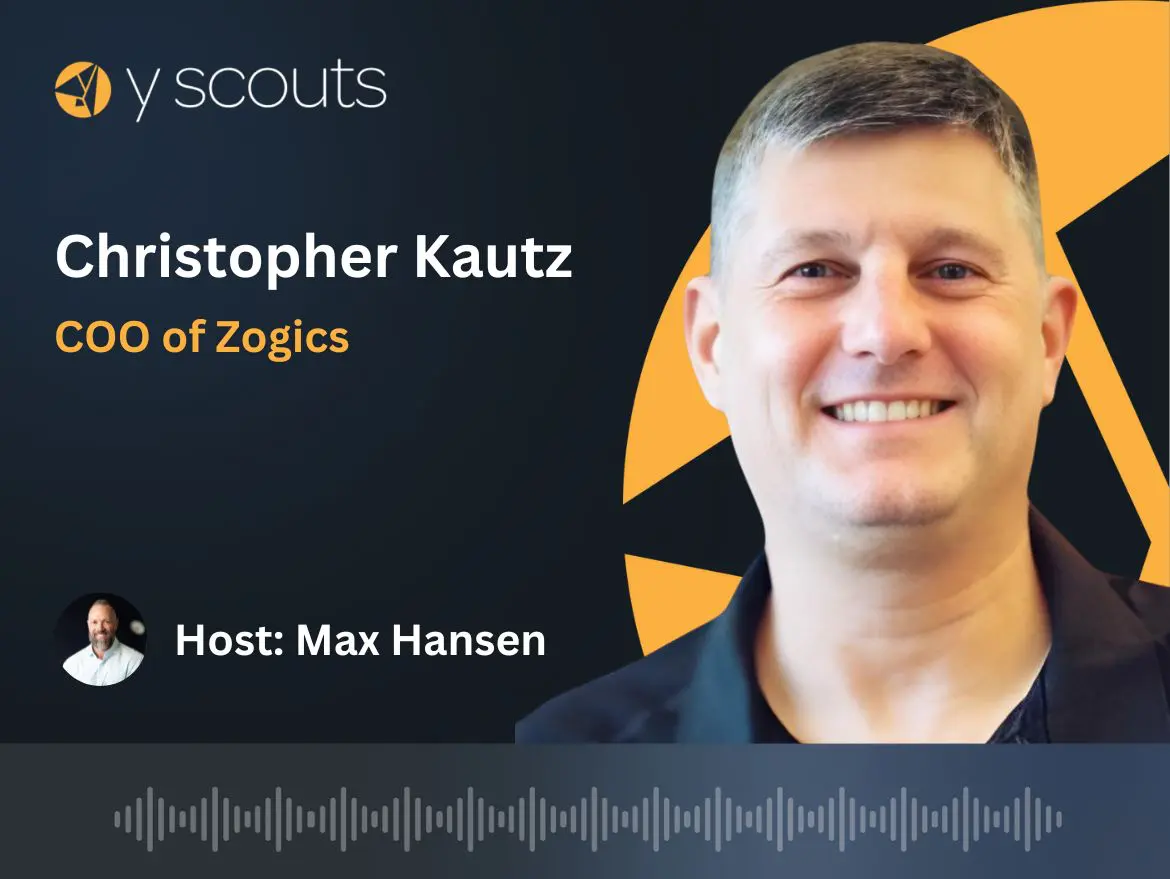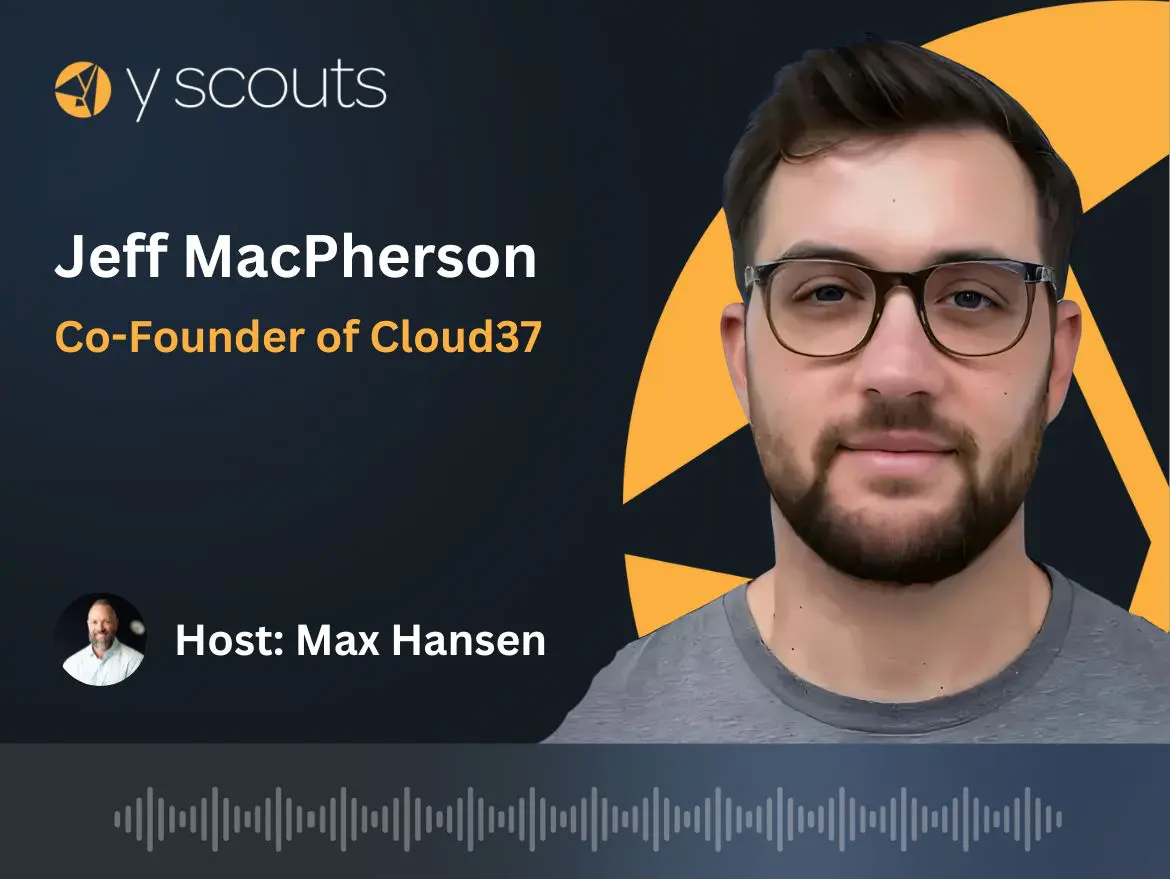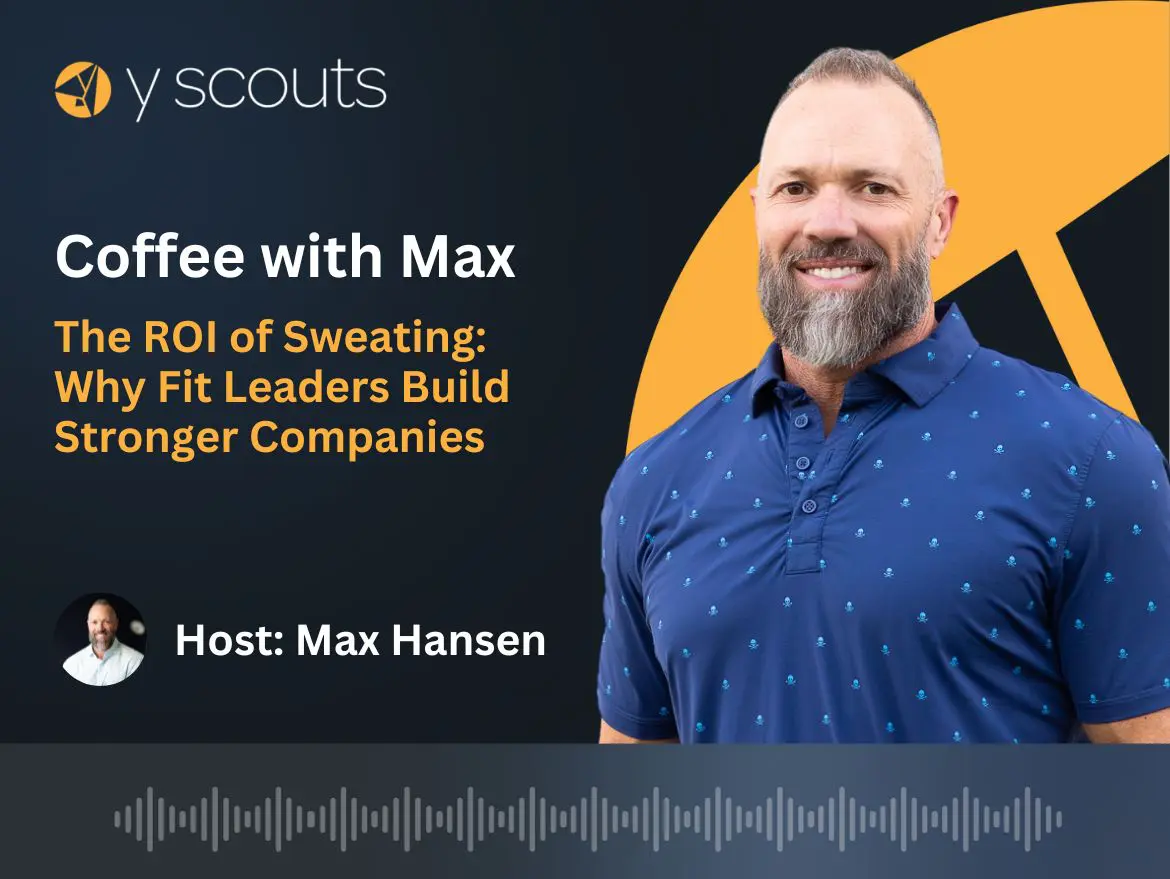
Today we’re interviewing Katie Burke, the Vice President of Culture & Experience at HubSpot.
For those of you not familiar with HubSpot, they are an all-in-one inbound marketing software company. In addition to their growing financial success, the culture at HubSpot may be the topic they are most well-known for. Their culture code deck, which has been viewed almost three million times on SlideShare, contains the secret sauce behind the success of HubSpot. And when push comes to shove, Katie is the driving force behind the constant housekeeping of the HubSpot culture (although she says it’s the employees who ultimately own the culture). In this episode, Katie Burke talks about:
-
The shift of culture becoming the “hard” stuff versus the traditional view of it as the “soft” stuff in business
-
The importance of transparency in today’s business environment, with a deep dive into Glassdoor and how leaders must get comfortable with reviewing & responding to your company’s reviews
-
How work/life balance is an outdated notion
-
How HubSpot hires for culture fit
-
The one book that has had the biggest impact on Katie
Katie Burke is a freight train of energy. If you or your organization has any interest in culture, Katie’s experience and insight is worth its weight in gold.
Table of Contents
ToggleShow Highlights
- 2:59 – Katie’s journey at HubSpot
- 7:00 – What her role at HubSpot entails
- 9:39 – How Dharmesh Shah (HubSpot CTO & Founder) got involved in culture from his start engineering
- 13:00 – Transferring values from EXOS, an athletic performance company, to HubSpot
- 17:38 – What does transparency mean to HubSpot?
- 21:13 Glassdoor reviews & advice
- 24:25 – Work-life integration model at HubSpot
- 32:40 – How Katie’s liberal arts background has benefited her role as culture ambassador
- 36:16 – The book with the most profound impact on Katie Burke as an individual
Show Links
- HubSpot
- Culture Code at HubSpot on SlideShare
- Dharmesh Shah’s blog
- EXOS
Katie Burke Interview
You’ve had a really interesting career at HubSpot so far. Your role today as the Vice President of Culture and Experience is not where you started. Give us a sense of your journey at HubSpot.
I joined HubSpot originally to run our user group—so to run a community of folks who love HubSpot globally. Prior to going to business school at MIT Sloan, I worked for an agency and basically did all things marketing, communications, advertising, research.
It became clear that in order for HubSpot to do what it wanted to do and reach our significant ambition to become a public company, more people needed to understand what we did, what we sold and how we did it. For example, if you asked people in Boston about HubSpot, they would’ve heard of HubSpot but could not explain what we actually did or sold. We were missing out on huge opportunities to build brand awareness, because people knew we were a cool company and a cool brand, but they didn’t understand what we actually did. I actually raised my hand and said I wanted to take over our Communications team.
At the time, our CEO had written a blog post basically saying that PR was dead, and a dying industry. So it was certainly an unconventional time to raise your hand and say you wanted to run that team. But I just felt there was a huge market opportunity in what we were going to do. I ran our external communications up through the IPO, including our Roadshow Deck, including our entire New York Stock Exchange negotiation experience. Which was a whole lot of fun, and a whole lot of adrenaline, as you might imagine.
I was fortunate that one of the first projects I worked on involved running the launch of the culture code. For those not familiar, the Culture Code Deck is HubSpot’s commitment to how we think about work. Our co-founder, Dharmesh Shah, authored it. It has now amassed over two million views on SlideShare. We sat down to redefine what it meant to live and work in a next-generation company, and what it truly meant to be a HubSpotter. And so when we did it at the time, the only other culture deck that was truly well-known out there was the Netflix culture deck—which should of course be required reading for anyone working in this field. We had big ambitions, and obviously big shoes to fill. Dharmesh and I worked really closely on sharing that story with the market.
The result of that experience: we spent a lot of time talking about what culture actually means, what it doesn’t mean, what we stand for as a company, what autonomy means in practice, what values we wanted to live. He and I would geek out about that stuff nonstop. One of the coolest parts for me was seeing the degree to which investors took an interest in the flywheel effect our culture could create for us long-term.
After the IPO concluded, Dharmesh came to me and said, “What do you think about running culture full-time?” And candidly, my first response was, “Thanks so much, but I’d rather not be unemployed in a year; I like my job.” I just didn’t know if there was enough work to be done, I didn’t know if it was going to stay a priority after we went public, and uncertainty is scary for almost anyone—regardless of where you are in your career, and working for a company you truly and deeply love. So I took the leap two years ago. Ever since, I am certainly an unconventional HR executive, but I feel really lucky we are doing what we are. We certainly have the autonomy to create a new vision for what people and culture can mean at a public company.
So this sense of uncertainty you had, and this fear about, wow, what if I actually take this leap and be responsible for a culture—that, maybe in a year, I’ll be out of a job. As that fear has subsided, what is it that your role really consists of doing?
The truth of the matter is, I don’t own our culture at HubSpot; the employees do. And our candidates do, our alumni do. They set the tone of the vision, they keep our energy high, they hold us accountable. The way that I think about it is, I’m responsible for employment brand globally. And when you’re growing as fast as we are, especially internationally, that is fairly critical to the growth of your business. For example, we just opened our Tokyo office. While we have a massive employment brand in Boston, and now in Dublin (where we have over 200 folks located), we don’t have that in Tokyo. How do you share your story in a way that’s authentic to Japanese culture but also to HubSpot culture?
I work really closely with our recruiting team on thinking about, planning for and launching new offices. Once those new offices open, I spend a lot of time working with our employees on the ground there to understand what works, what doesn’t, and truly how we scale culture as a competitive advantage. For example, our team runs every touch point of the employee experience. So when you think about the handoff between recruiting to onboarding to then becoming a successful employee, we spend a lot of time making it feel truly welcoming. On my team, I hire a lot from the hospitality industry, instead of traditional HR. We really want the employee experience to end up similar to a guest experience at a high-end property.
We also run some pretty key priorities for the company, which include our Employee Happiness Survey, which we do once a quarter, our Diversity & Inclusion Initiative, our Nonprofit & Community Initiative, and a whole host of other great stuff. I was wrong to worry that there wouldn’t be enough work. As it turns out, when you’re creating global-scale, the “soft stuff” and kind of gray areas of your business truly become the “hard stuff” and so having someone whose job it is to fill in those gaps makes a big difference.
Prior to joining HubSpot, you had a previous experience at a company called Athletes’ Performance, now called EXOS. And one of the things that jumped out at me about EXOS is the pillars that their philosophy revolved around. Those are Mindset, Nutrition, Movement, and Recovery. Did any of those pillars inform how you are incorporating those into culture? Do you think of those as part of the necessary ingredients of a healthy culture at HubSpot?
I wish tech in general spent more time talking about health, and the health of employees, and the health of its workplace. We have a big program called Healthy at HubSpot that I helped launch, and I certainly included learning from my time at EXOS. The bigger influence on my experience at HubSpot is two things. One, Mark Verstegen, founder of EXOS, is a big believer in human potential, and what it can do for an organization and what it can do to win championships. That’s infectious. Humans inherently require TLC to grow. A lot of the time, we focus on how we can grow revenue and customers, but not enough time on how we can grow people. The second thing: how you tell the story and how you coach people really matters.
The overall Glassdoor rating for HubSpot is unbelievable. I noticed that you commented on almost every single one of the comments and reviews that I saw. What advice do you have about managing Glassdoor for other folks without someone responsible for culture the way that you are?
The biggest question I get about Glassdoor is often from CEOs—and it’s often, “How can I avoid it?” There’s been a fundamental change in the balance of power. Your candidates and employees have a huge voice in what your employment brand looks like. I think a lot of CEOs and executives want to hold on to the olden days, when you could hand someone a brochure that said exactly what you loved about the company, and put a shining portrait of a super happy, highly promoted employee that basically said, “Any questions? Please sign on the dotted line.” The world has radically changed. My first piece of advice for people is that this is like trying to avoid the internet. You might as well ride the wave and embrace it early.
Your employees will thank you, your candidates will thank you, and frankly, long-term, your employment brand will thank you. For companies that don’t have a culture team, all you want (and what candidates want to hear) is ownership. Authenticity of a response. We’re very lucky to have high reviews, but we have some on there that aren’t super flattering. We have to resist the temptation to go, “That’s not true. I don’t know who you are, but this is inaccurate.” We own everything that’s on there—good, bad and ugly. I don’t think you have to respond to every single review, but I also think if I spend 20 minutes a day to respond, it’s a great use of my time.
How does HubSpot think about the work-life balance or work-life integration?
The old notion is that work and life were battling one another for attention. You should love your life and love your work. We want people to build their work around their lives, not the other way around. So if you’re an avid triathlete and want to train in the mornings and come in a little later, HubSpot wants to give you the autonomy to do that. If you’re a working parent who’s passionate about coaching your children’s sports team, and you need to leave at 3 to make that happen, we want to make that a core part of our employee value proposition.
Listen to this Katie Burke podcast interview and more episodes from the Built On Purpose Podcast at https://yscouts.com/podcast/
Y Scouts is a leadership search firm that finds purpose-aligned and performance-proven leaders to help organizations achieve their missions faster. Ready to supercharge your leadership search and get the right person in your organization? Contact Y Scouts.






